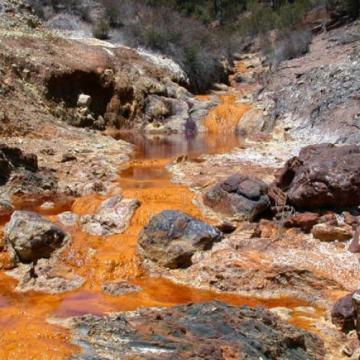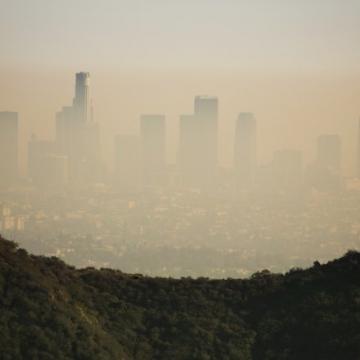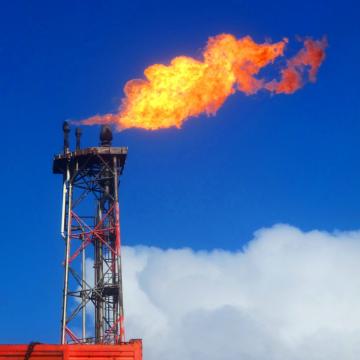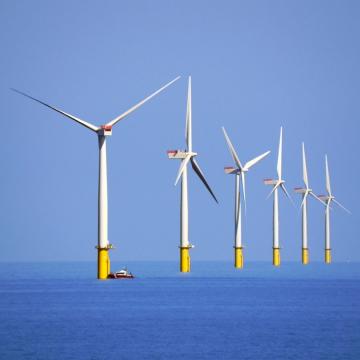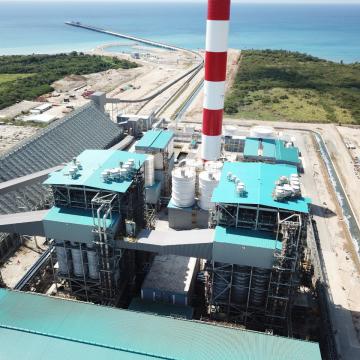-
NewsA trove of lithium-rich brine exists underground in Bolivia. Researchers conducted the first comprehensive chemical analysis of wastewater associated with mining the resource.
-
NewsModeling experiments show Pacific warm and cold patches persisted even when continents were in different places
-
NewsMeet the Patino-Echeverri Lab, learn more about its research focus, lab member's experiences in the lab and the opportunities the lab offers Duke students.
-
NewsAs the world endeavors to extricate itself from a carbon economy in favor of clean energy, Lee Ferguson is working to shed light on the potential environmental risks posed by bis-perfluoroalkyl sulfonimides, a primary electrolyte in lithium-ion batteries.
-
NewsAs the world undergoes the great energy transition — from fossil fuels to alternative energy and batteries — rare earth metals are becoming more precious.
-
NewsFossil-fueled electrical grid’s enormous water use is often overlooked.
-
NewsMixing toxic coal ash into acid mine drainage may sound like an odd recipe for an environmental solution, but a new Duke University-led study finds that it can neutralize the drainage’s dangerously low pH and help reduce harmful impacts on downstream ecosystems—if you use the right type of ash. Using the wrong type of ash can create new contamination and not tame the drainage’s extreme acidity.
-
NewsThe global supply chain impacts of Russia’s invasion of Ukraine have exposed vulnerabilities in U.S. energy security and undercut the myth that the United States — or any major manufacturing economy — is truly energy independent, an analysis by researchers at the energy nonprofit RMI and Duke University finds
-
NewsSlashing emissions of carbon dioxide by itself isn’t enough to prevent catastrophic global warming, a new study shows. But if we simultaneously also reduce emissions of methane and other often overlooked climate pollutants, we could cut the rate of global warming in half by 2050 and give the world a fighting chance.
-
NewsProducing energy from fossil fuels uses or contaminated much more water than previously estimated, a new book by two Duke researchers shows.
-
NewsUsing satellite images, scientists have detected hundreds of very large and previously unreported methane releases at oil and natural gas production sites across the globe.
-
NewsDuke University has received a $7.5 million grant from the U.S. Department of Energy to assess the risks offshore wind energy development along the East Coast may pose to birds, bats and marine mammals.
-
NewsLori Bennear and Tim Johnson discussed two bills under consideration in Congress and their potential impact on the reduction of carbon emissions and more.
-
NewsReducing emissions of methane, a short-lived but super-potent greenhouse gas, is the most cost-effective way to slow the rate of Earth’s warming in coming decades, a new United Nations report finds.
-
NewsDuke University researchers have found high levels of toxic heavy metals in coal ash from the Dominican Republic’s largest coal-fired power plant.






